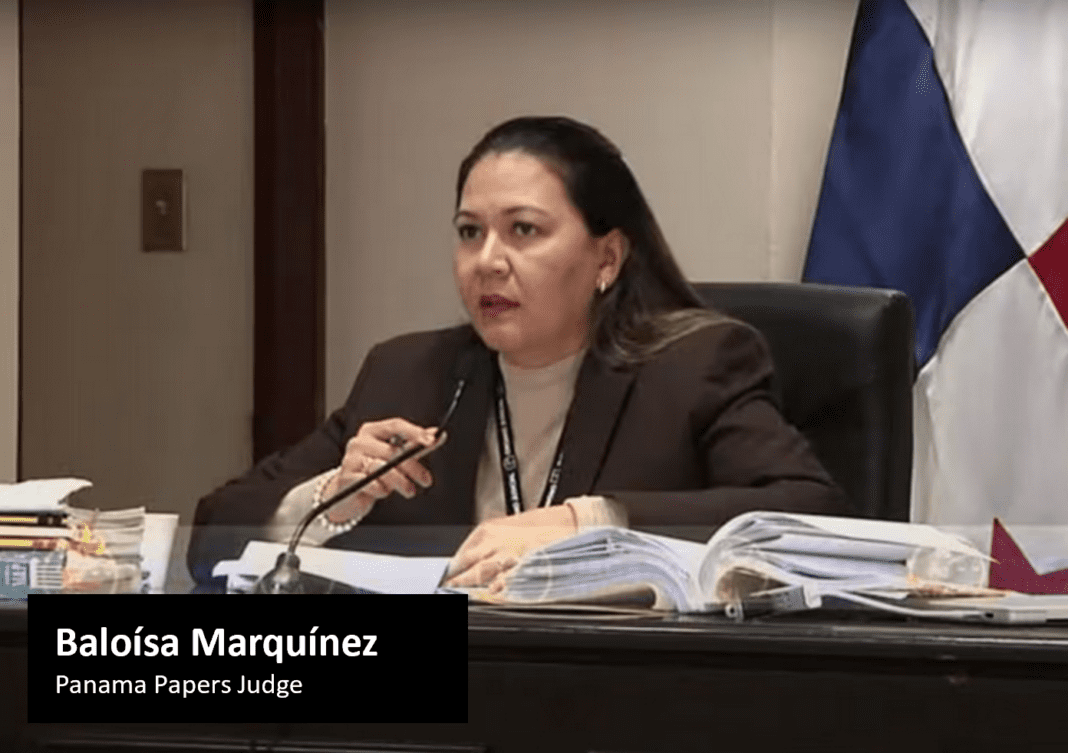Eight years after the explosive Panama Papers revelations in 2016, the Mossack Fonseca Case is still not closed. In April 2024, a landmark criminal trial began in Panama against 27 former employees of Mossack Fonseca, including the firm’s founders, Jürgen Mossack and Ramón Fonseca Mora. The defendants face charges of money laundering related to the extensive use of offshore shell companies to hide assets and evade taxes.
The Mossack Fonseca trials, involving the founders and other defendants in a money laundering case related to the Panama Papers scandal, are expected to result in a judgment in the coming weeks. Judge Baloísa Marquínez, presiding over the trial in Panama, has availed herself of the 30 working days stipulated by Panamanian law to deliver the verdict, with the possibility of the period being extended depending on the length of the case file
In 2016, files from Mossack Fonseca were leaked to reporters at the German newspaper Süddeutsche Zeitung and shared with the US-based International Consortium of Investigative Journalists (ICIJ). Reporters from more than 100 media organizations, including The Guardian, collaborated to investigate the 11.5 million files. The leaked documents unveiled how the firm assisted wealthy individuals and public figures in concealing their assets through offshore companies.
Mossack and Fonseca have consistently denied any wrongdoing, asserting that they merely created and sold the offshore companies without controlling their clients’ use of these entities. If convicted, they reportedly face up to 12 years in prison. Mossack, attending the hearing, declared his innocence and expressed optimism, while Fonseca’s representative informed the court that his client was hospitalized.
The trial delves into allegations that Mossack Fonseca established a network of offshore companies linked to major corruption scandals, including Brazil’s “Car Wash” scandal involving Odebrecht and a bribery case with German company Siemens. However, legal complications arise as some charges pertain to activities predating Panama’s modernized anti-money laundering legislation enacted in 2019. Panama’s supreme court previously ruled that creating shell companies for tax fraud was not a crime if they were established before 2019.
Previously, Mossack and Fonseca were acquitted of charges related to handling money from Brazil’s Lava Jato scandal due to insufficient evidence. The current trial’s outcome remains uncertain given the evolving legal landscape in Panama.
The Panama Papers scandal had significant political repercussions, causing the resignations of high-profile leaders like Nawaz Sharif, former prime minister of Pakistan, and Sigmundur Davíð Gunnlaugsson, former prime minister of Iceland. Sharif was disqualified and sentenced to ten years in prison by the Pakistani Supreme Court after reporters uncovered undeclared real estate owned by his family through offshore companies. Gunnlaugsson resigned following revelations of his undeclared ownership of an offshore company with claims against Iceland’s failed banks.
Since the Panama Papers investigation, global efforts have recovered over $1.36 billion in unpaid taxes, including $253 million by HMRC in the UK.
As the trial progresses, it underscores the ongoing global fight against financial crimes and the intricate legal challenges in prosecuting such cases.
